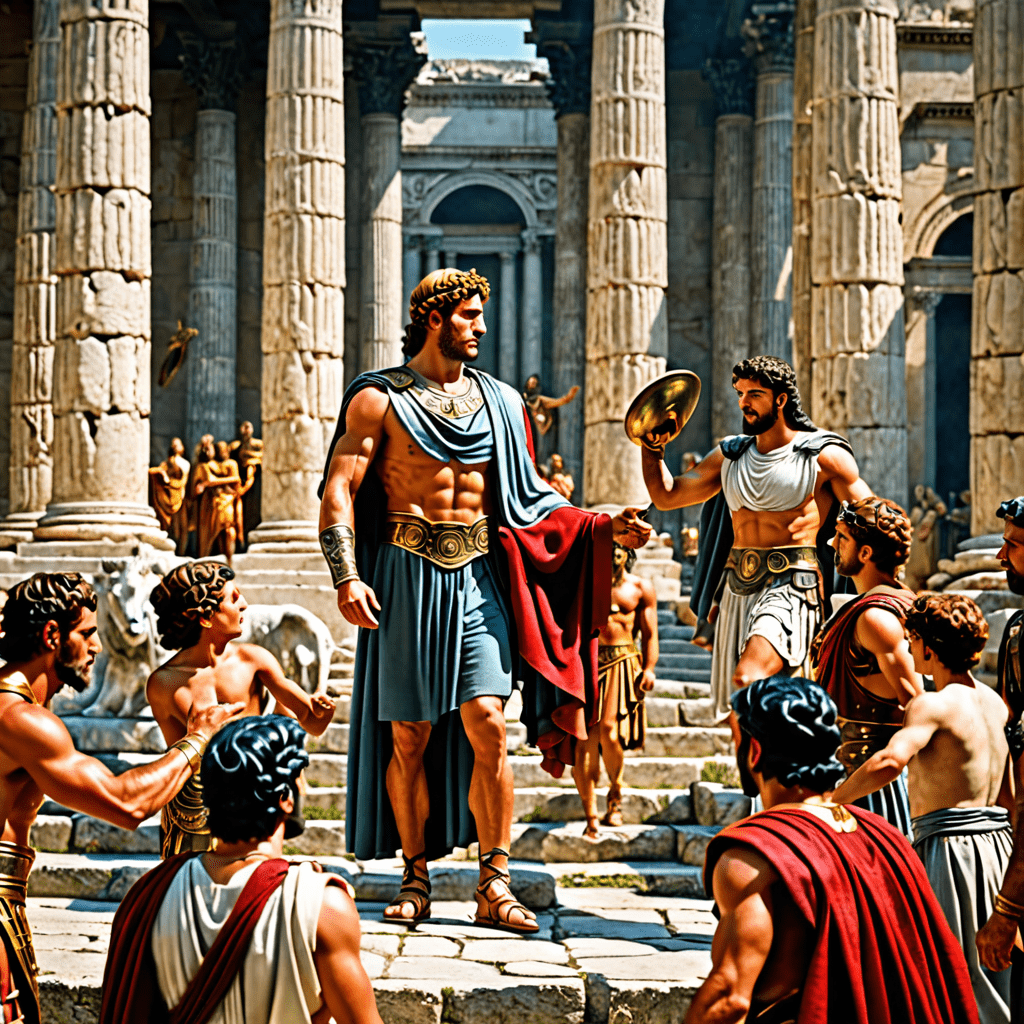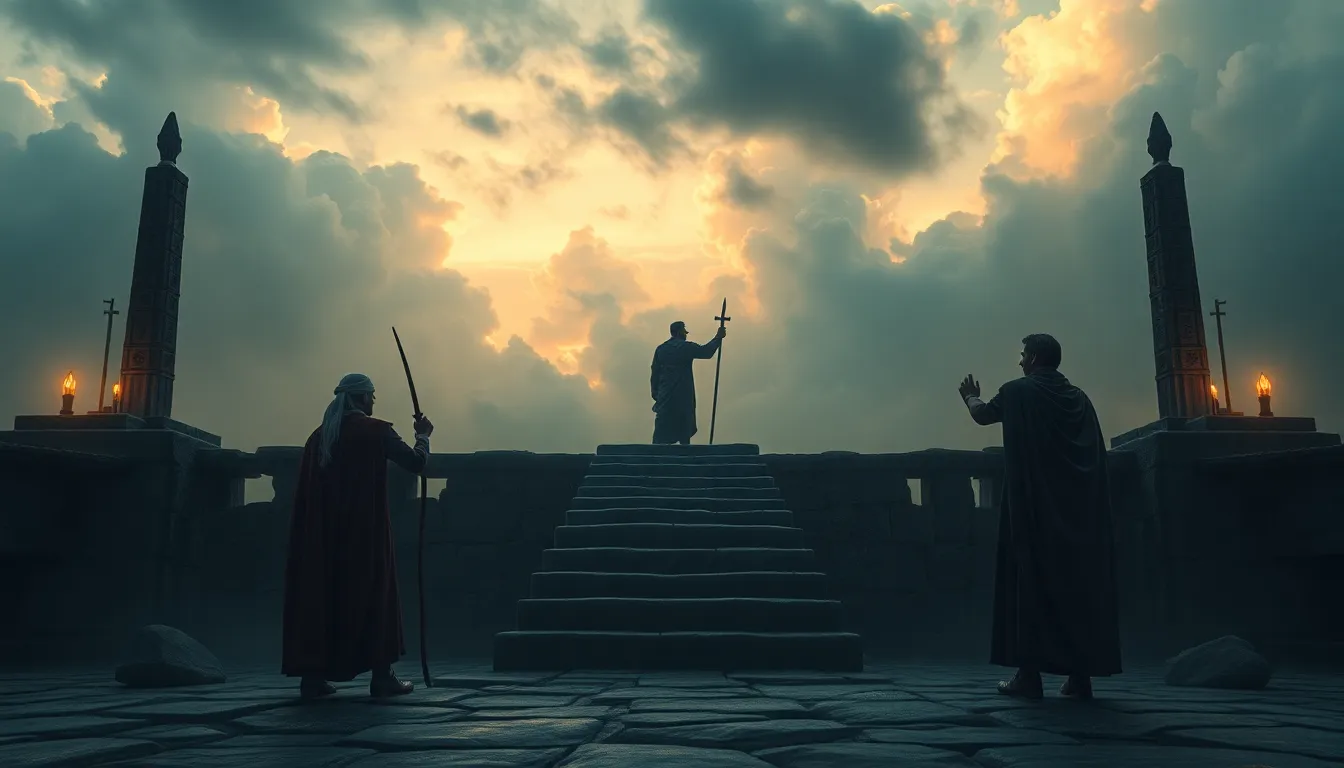Exploring the Family Dynamics in Roman Mythology
The Complex Family Structures in Roman Mythology
The family dynamics in Roman mythology are intriguing and depict a variety of relationships among gods, goddesses, and mythical beings. Roman mythology includes prominent figures like Jupiter (Zeus), Juno (Hera), Neptune (Poseidon), Pluto (Hades), and many others. These deities are interconnected through complex familial ties such as marriages, parent-child relationships, and sibling rivalries, shaping the narrative of Roman mythological stories.
Parentage and Relationships Among Roman Gods and Goddesses
The genealogy of Roman gods and goddesses often reflects a mix of divine parentage and mortal connections. Jupiter, for example, is the son of Saturn (Cronus) and Ops (Rhea), while Juno is the daughter of Saturn and Ops as well. These relationships create intricate family structures where power struggles and alliances play a crucial role in the myths associated with these deities.
Interactions and Conflicts Within Roman Mythological Families
The interactions within Roman mythological families often lead to conflicts and dramatic narratives. For instance, the dynamic between Jupiter, Juno, and Neptune showcases jealousy, deception, and resentment. Juno’s continuous attempts to thwart Jupiter’s affairs or the rivalry between Neptune and Pluto for power over the sea and the underworld are intriguing examples of family conflicts that drive the Roman mythological stories.
Legacy and Influence of Roman Family Dynamics in Modern Culture
The family dynamics in Roman mythology have left a profound impact on art, literature, and popular culture. Themes of betrayal, loyalty, and sibling rivalry explored in Roman myths continue to inspire modern works of fiction, movies, and even psychological analysis of familial relationships. By delving into the complex family dynamics of Roman mythology, we gain deeper insights into human nature, power dynamics, and the timeless themes that connect us across generations.
FAQs about Exploring the Family Dynamics in Roman Mythology
What is Roman mythology?
Roman mythology refers to the beliefs, myths, and religious practices of ancient Rome. It includes stories about gods, goddesses, heroes, and legendary figures that were integral to Roman culture and society.
How were family dynamics portrayed in Roman mythology?
Family dynamics in Roman mythology were complex and often reflected human emotions, conflicts, and relationships. Stories depicted familial bonds, rivalries, betrayals, and the consequences of actions within mythical families.
Which Roman mythological figures are known for their family dramas?
Prominent Roman mythological figures like Jupiter (Zeus), Juno (Hera), Venus (Aphrodite), Mars (Ares), and Neptune (Poseidon) are known for their intricate family dynamics, including conflicts, love affairs, and power struggles.
What are some examples of family relationships in Roman mythology?
Examples of family relationships in Roman mythology include the tumultuous relationship between Jupiter, Juno, and their children, the sibling rivalry of Romulus and Remus, and the complex family ties among the gods and goddesses on Mount Olympus.
How did Roman mythology influence family values and societal norms?
Roman mythology played a significant role in shaping Roman family values, emphasizing loyalty, duty, respect for authority, and the importance of


